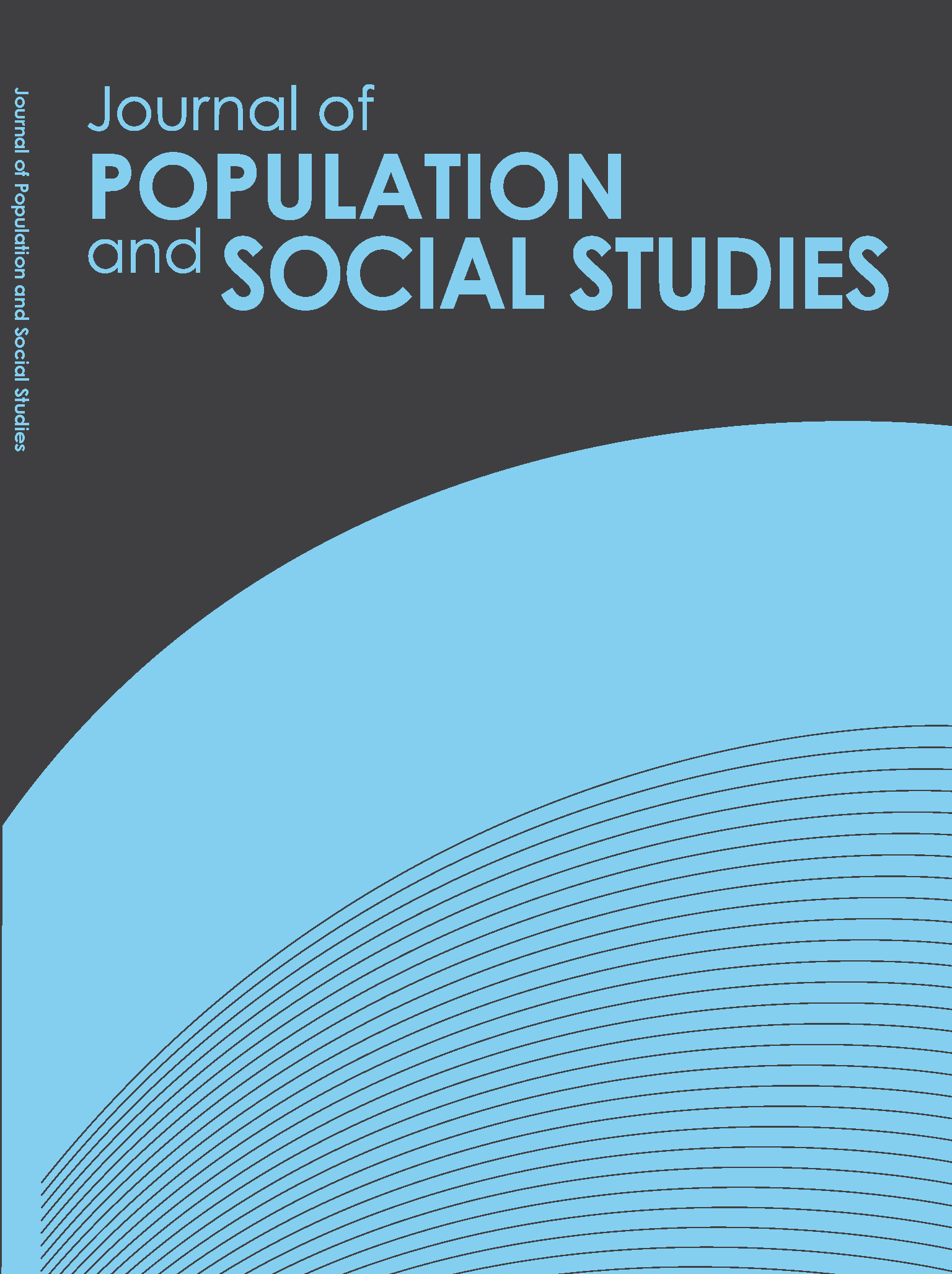Fear or Altruism? Exploring the Environmental Ethic and Loss of Traditional Knowledge of the Forest Dependent Jakun
Main Article Content
Abstract
Changes in traditional lifestyles due to external and internal pressures pose a potential threat to the knowledge systems of indigenous peoples which may have an impact on the attitudes of these peoples towards their
environment. This paper explores the basis of environmental ethics of the indigenous Jakun of the South-East Pahang Peat Swamp Forests in Malaysia and the social dynamics related to the loss of their knowledge and their struggle to maintain their lifestyle and knowledge systems.
This research demonstrates that the primary element which binds the Jakun with their natural environment is their spiritual belief system and this shapes their attitudes towards the environment, which is based on fear of supernatural entities and loss of sustenance. This weak anthropocentric environmental ethic based on self interest, i.e. anthropocentricism rather than intrinsic motivation to conserve biodiversity, i.e. biocentricism. The reduced dependency on forest products is a major impediment for transmission of forest related knowledge as young Jakun are being detached from their forests. Other contributing factors are closely associated with external pressures stemming mainly from market forces which impinge on their natural resources. Nevertheless, forest conservation
can help them maintain their traditional knowledge and contribute to upholding their traditional environmental ethic.
environment. This paper explores the basis of environmental ethics of the indigenous Jakun of the South-East Pahang Peat Swamp Forests in Malaysia and the social dynamics related to the loss of their knowledge and their struggle to maintain their lifestyle and knowledge systems.
This research demonstrates that the primary element which binds the Jakun with their natural environment is their spiritual belief system and this shapes their attitudes towards the environment, which is based on fear of supernatural entities and loss of sustenance. This weak anthropocentric environmental ethic based on self interest, i.e. anthropocentricism rather than intrinsic motivation to conserve biodiversity, i.e. biocentricism. The reduced dependency on forest products is a major impediment for transmission of forest related knowledge as young Jakun are being detached from their forests. Other contributing factors are closely associated with external pressures stemming mainly from market forces which impinge on their natural resources. Nevertheless, forest conservation
can help them maintain their traditional knowledge and contribute to upholding their traditional environmental ethic.
Article Details
How to Cite
Singh, S. K. K., & Ross, W. (2010). Fear or Altruism? Exploring the Environmental Ethic and Loss of Traditional Knowledge of the Forest Dependent Jakun. Journal of Population and Social Studies [JPSS], 18(2), 39–64. retrieved from https://so03.tci-thaijo.org/index.php/jpss/article/view/84671
Section
Research Articles


